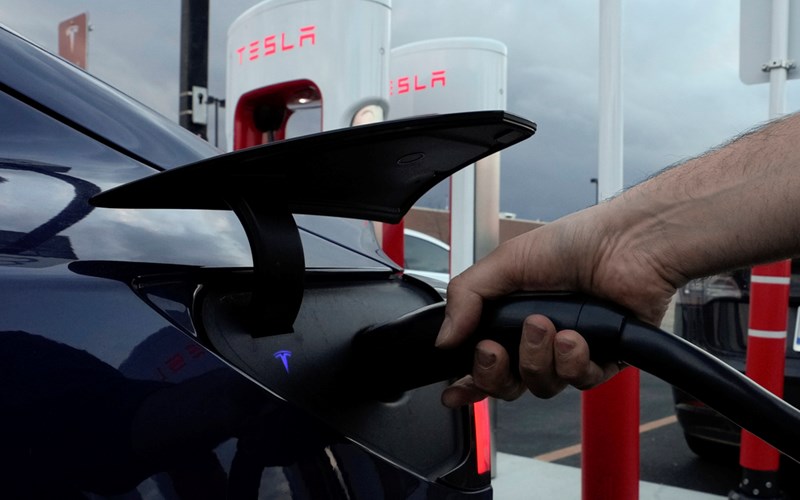On March 20, the state's Department of Environmental Protection held a vote considering the Advanced Clean Cars II program. Jacob Posik, director of legislative affairs for the group Maine Policy describes the program as comprising "California-style" regulations.
"The vote was 4-to-2 – and what these rules would have done is, starting in 2028, more than 50% of new vehicle sales in the state of Maine would had to have been electric vehicles," Posik explains. "And then moving forward, going up to 2032, more than 80% of new vehicle sales would had to have been electric vehicles."
To put it another way, these regulations would put Maine on a timeline to follow in California's footsteps of eventually banning the sale of vehicles with internal combustion engines. But in terms of population and vehicle emissions, Posik says Maine is a tiny, tiny player in this space.

"Maine is responsible for .04% of all emissions globally; and that doesn't take into account the fact that we were the most heavily wooded forested state in the entire county in the United States," says Posik. "So, that means that some of that carbon is actually being captured by our forests. Even the Maine state website says that at least 60% of our emissions are captured by our forests. So, in reality our contribution is much, much smaller."
Meanwhile, Posik says forcing everyone to purchase an EV comes with real economic costs from the price of vehicles to charging infrastructure and other related expenses.
"Maine Policy doesn't oppose EV technology [or] EV ownership," Posik explains. "Really, what we oppose is stripping that choice away from consumers … through a government edict and saying you have to do this because the government says so. And what's even worse really is that this process was being done from a regulatory standpoint."
Posik adds that this push for an EV mandate came from "a very obscure law that allows citizens to collect 150 signatures" and prompt consideration of a rule at the executive branch level.
"Environmental groups gathered a measly 150 signatures," he states, "and as a result our Department of Environmental Protection was forced to consider these really sweeping EV mandates."







